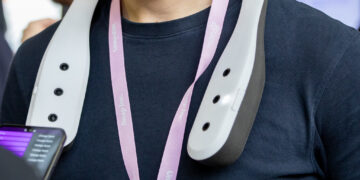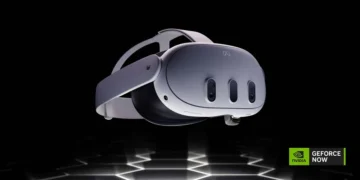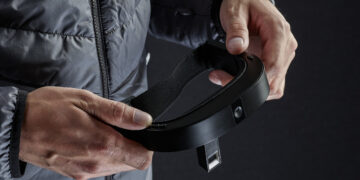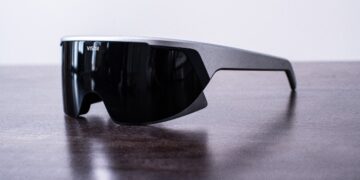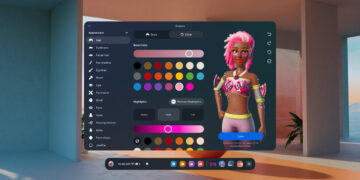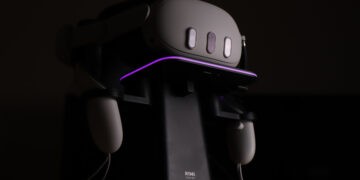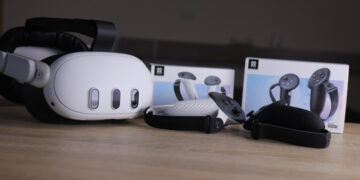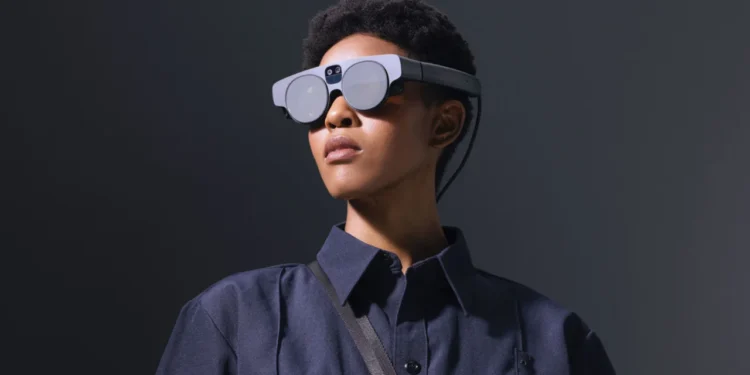Magic Leap has the potential for a significant comeback in partnership with Meta
Magic Leap, the company known for its Glasses-like form factor Augmented Reality Headsets, is reportedly in discussions with Meta regarding a potential multiyear agreement. This exclusive report from the Financial Times sheds light on the ongoing talks between the two companies.
According to the article, Meta is reportedly interested in establishing an agreement with Magic Leap Technology due to their utilization of advanced custom components in their hardware. These components include high-tech lenses and “waveguides” technology, which enable the creation of realistic images at varying depths by employing thin glass in front of the user’s eyes.
By collaborating with Magic Leap, Meta gains access to cutting-edge technology that enables thin glass in front of the user’s eyes to conjure up realistic images at different depths. Magic Leap’s sophisticated waveguide technology is considered one of its greatest strengths, offering the potential for visually stunning augmented reality experiences.
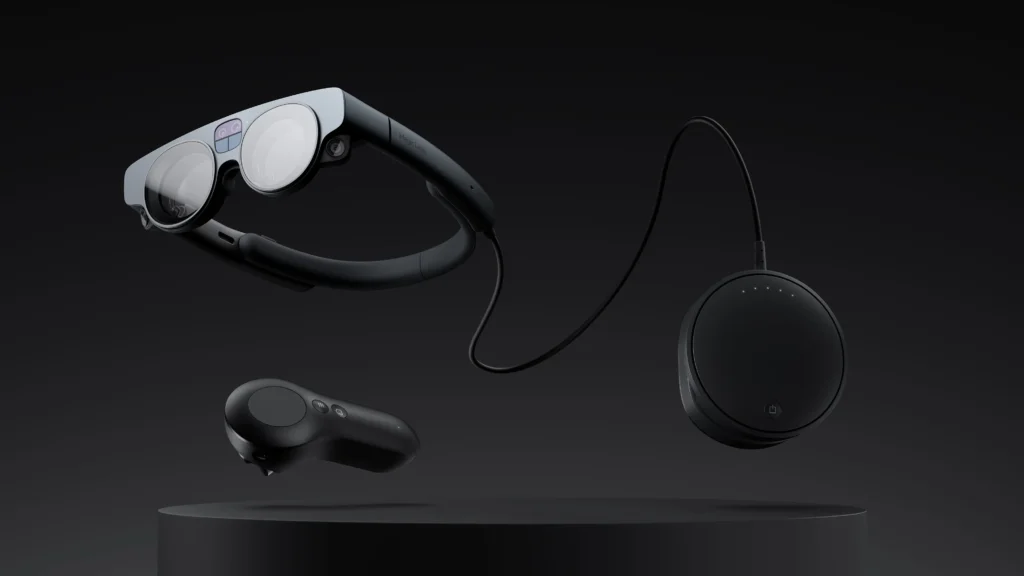
As widely known, Meta is steadfast in its pursuit of building the Metaverse, a concept that is still years away from realization. However, Meta has identified a new objective that could significantly contribute to the fulfillment of its Metaverse vision: AR technology.
While VR offers an immersive experience that transports users to alternate worlds, AR, in the form of glasses, has the potential to become a ubiquitous everyday device, much like a smartphone, accompanying individuals wherever they go.
This presents a significant advantage for Meta, as they recognize that in order to capitalize on the Metaverse and generate substantial revenue, they must target a market with substantial potential that can cater to the majority of people and be utilized throughout the majority of the day.
However, the reality is that AR glasses are still years away from becoming a tangible product. Meta has set its sights on launching its first AR glasses in 2027, but it is important to note that the first generation of these glasses will likely face significant limitations. Factors such as battery inefficiency and other technological constraints that currently present significant challenges make it unlikely for them to rival smartphones in terms of capabilities.
The integration of Magic Leap’s custom components into Meta’s AR products not only has the potential to enhance performance and image quality but also to accelerate Meta’s research and development efforts in the field of AR technology. This collaboration may enable Meta to push the boundaries of what is achievable in augmented reality, bringing users one step closer to seamless integration of the virtual and real worlds.

One possible motive behind Meta’s engagement in talks with Magic Leap could be their response to the imminent release of the Apple VR/AR Headset, slated for WWDC on June 5th this year. Anticipated to generate significant buzz throughout the industry, this event might have prompted Meta to take proactive measures, potentially including discussions with Magic Leap.
Later in the article, the author also highlights Meta’s potential interest in partnering with Magic Leap as a means to reduce their dependence on China for hardware manufacturing. Given Magic Leap’s existing contracts with various manufacturers, collaborating with them could serve as a strategic move for Meta to diversify their manufacturing sources beyond China.

